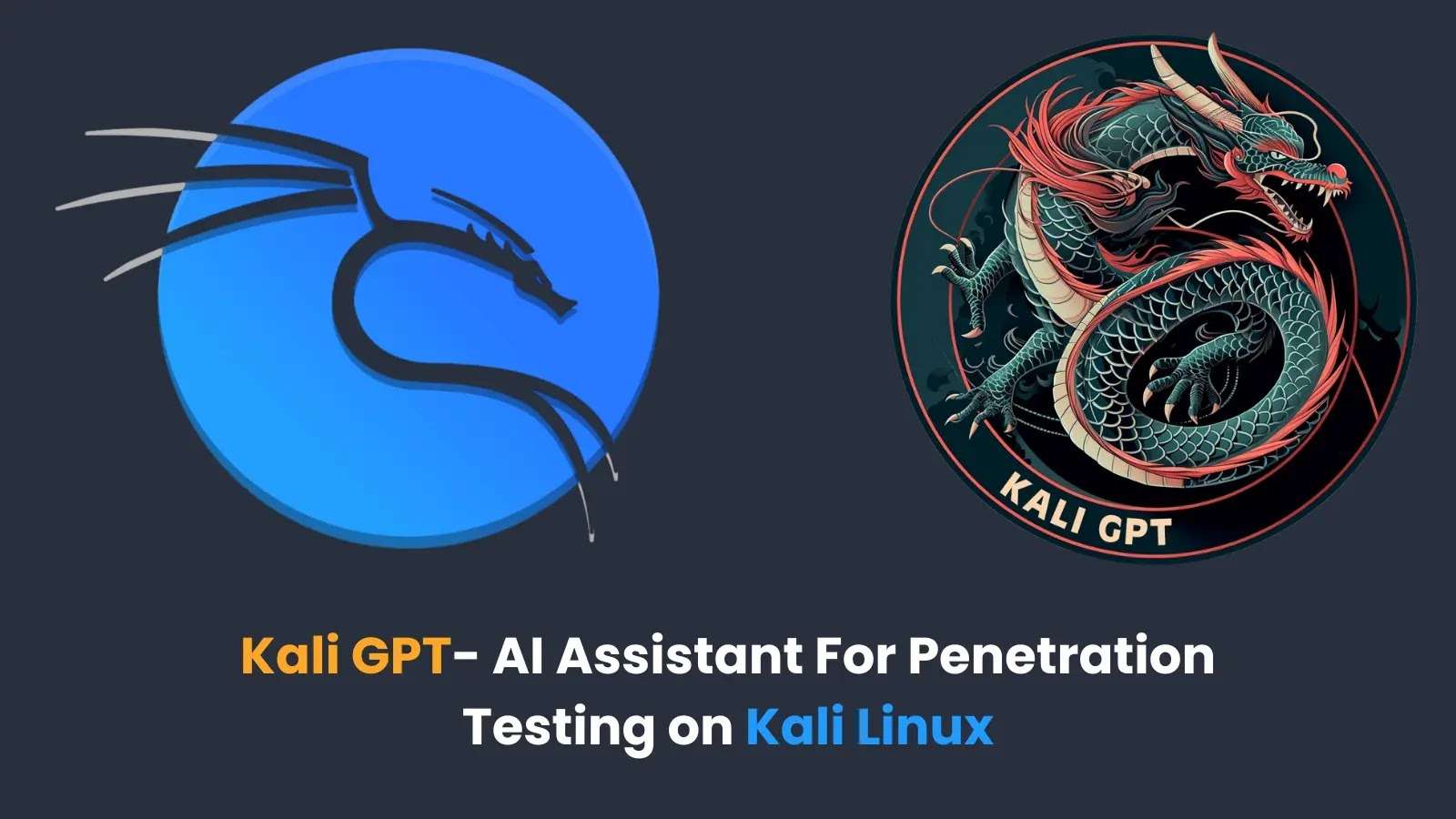Introduction: The Rise of AI in Cybersecurity
Imagine having a cybersecurity expert sitting beside you, whispering the perfect commands into your ear as you navigate complex penetration tests. That’s essentially what Kali GPT brings to the table—an AI assistant built on GPT-4 architecture, fine-tuned specifically for Kali Linux, the go-to operating system for ethical hackers.
Cybersecurity is no longer just about memorizing commands or scouring forums for exploit ideas. With Kali GPT, penetration testers whether seasoned professionals or fresh-faced students get an intelligent co-pilot that accelerates workflows, explains complex tools, and even suggests exploits in real time.
But how does it actually work? And is it really as groundbreaking as experts claim? Let’s dive deep into how Kali GPT is reshaping cybersecurity.
What Is Kali GPT? The AI That Speaks Hacker
Kali GPT isn’t just another chatbot it’s a specialized AI model trained on cybersecurity datasets, penetration testing methodologies, and Kali Linux tools. Unlike generic AI assistants, it understands:
-
Metasploit commands
-
Nmap scan strategies
-
Payload generation for exploits
-
Vulnerability analysis
-
Real-time troubleshooting
Think of it as ChatGPT, but for hackers. Instead of asking, “How do I make a payload?” and getting a vague response, Kali GPT will spit out a ready-to-use reverse shell command tailored to your target system.
How Kali GPT Changes the Game for Penetration Testers
1. Automating the Boring Stuff
Penetration testing involves a lot of repetitive tasks scanning networks, crafting payloads, and sifting through logs. Kali GPT cuts research time in half by:
-
Generating scripts on demand (e.g., “Write me a Python script to brute-force FTP”)
-
Explaining complex tools (e.g., “Break down how SQL injection works in Burp Suite”)
-
Suggesting exploits based on scan results
2. A Mentor for Beginners
Cybersecurity has a steep learning curve. Kali GPT acts like a 24/7 tutor, translating jargon into plain English.
-
Example: A newbie types, “What’s the difference between TCP and UDP scans in Nmap?”
-
Kali GPT responds with a concise explanation plus real-world use cases.
3. Corporate Security Teams Work Faster
Enterprises can deploy Kali GPT to:
-
Automate vulnerability scans
-
Generate instant reports
-
Simulate attacks before hackers strike
The Tech Behind Kali GPT: How It Works
Kali GPT isn’t magic it’s machine learning at its finest. Here’s the breakdown:
-
Trained on Kali Linux Documentation: It knows Metasploit, Wireshark, and John the Ripper inside out.
-
Adaptive Learning: It adjusts responses based on user skill level (beginner vs. expert).
-
Real-Time Feedback: If a command fails, it suggests fixes instantly.
However, it’s not perfect sometimes it might suggest an outdated exploit or miss a zero-day vulnerability. Human oversight is still crucial.
Ethical Concerns: Can AI Be Trusted for Hacking?
With great power comes great responsibility. Kali GPT does not promote illegal hacking—it’s strictly for ethical penetration testing.
-
Safety Measures:
-
Requires user authentication.
-
Logs all interactions for accountability.
-
Blocks malicious queries (e.g., “How to hack a bank?”).
-
Still, experts warn: “AI can’t replace deep cybersecurity knowledge—it’s a tool, not a crutch.”
The Future of Kali GPT & AI in Cybersecurity
Kali GPT is just the beginning. Future updates may include:
-
Voice-controlled hacking (“Hey Kali, run a port scan on 192.168.1.1”)
-
Integration with more tools (Sn1per, Nessus, Cobalt Strike)
-
Predictive hacking (AI anticipating attacker moves before they happen)
Final Verdict: Should You Use Kali GPT?
For Professionals: A massive time-saver.
For Beginners: An invaluable learning aid.
For Companies: A force multiplier in security teams.
But remember AI doesn’t replace skill. The best hackers will use Kali GPT to enhance, not replace, their expertise.

